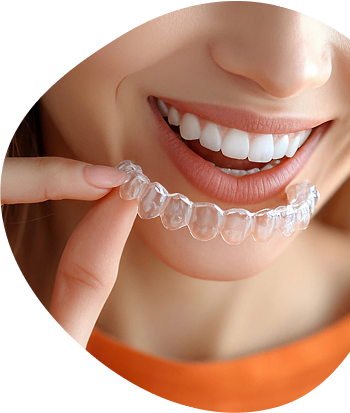Stress is a natural part of life: we experience it in times of great pain or joy throughout our experiences. You can’t wholly stop stress from happening, but there is a line between a healthy amount of stress and an amount that damages your body.
The Effects of Stress
Stress is more apparent when it comes in the form of headaches, tense muscles, and stomach pains, but it’s the mouth we should pay attention to! All of these signs can be the cause of a stressed mouth. Teeth grinding, for example, is a prime example of tense muscles. Scrapping your teeth back and forth against each other isn’t great on the enamel itself, but it can lead to a series of other issues. You could end up with a sleep disorder, continuous headaches, jaw pain, or even change the look of your face entirely! Canker sores are equally troublesome. There are a variety of different ways they can appear, but there is a strong link between their arrival and how we process our stress and anxiety.
Of course, an impactful problem that stems from over stressing is neglecting the body’s needs. In the case of your mouth, it may not occur to you, feel necessary, or you might not have the time to upkeep on your oral hygiene properly. We also tend to crave things that make us feel better in the moment, but in the long run is bad for our teeth and digestive health, such as fatty foods or alcohol. If you are experiencing pain in your jaw due to any of the previously mentioned issues, our facility will happily assess you and assist in bringing back your smile! For more severe injuries sustained over time, we also offer bone grafting, which is designed to fix any joint or bone issues within your jaw. We’re here when you need us, but until you do, keep calm and wear a smile!










.png)


